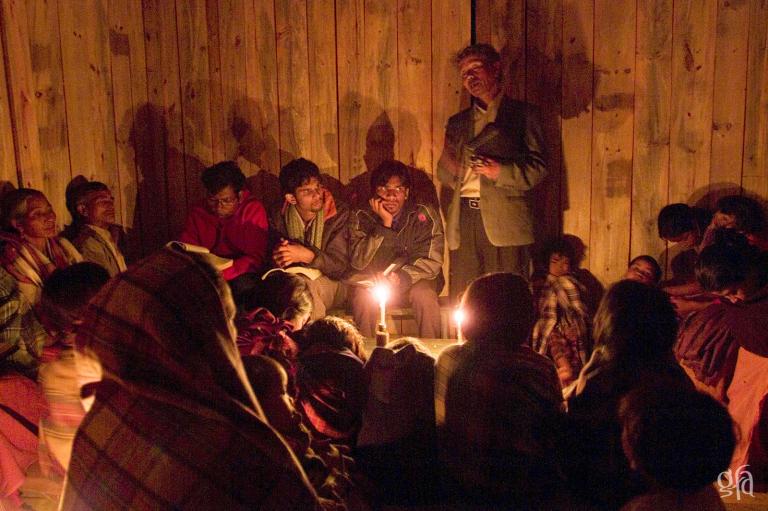Years ago, friends and I experimented with designing listening groups. These small groups with three or four participants met once a month for seven months. Basically, we listened to one another for two hours. After a time of centering prayer where we became stilled and focused, the first person would begin and share where he or she was in life. When the first person was done, we would go back into silence, and the only way we could respond to the one who had spoken after those short moments of quiet was to ask questions. This pattern continued until we had gone around the group. Over seven years, I led some 250 people in listening groups and was amazed by the remarkable growth I saw in many of the attendees. I also was transformed in unexpected ways; I certainly became convinced of the healing power that exists when humans feel heard and understood. We always take the first session of a listening group to get to know one another a little so that we are not complete strangers. One woman sitting in my living room started her story with these words: “I guess you could say that I was raised by parents who were Evangelical atheists…” Whoa, I thought. Now that’s strong! Evangelical atheism?
The woman explained that her parents adhered to conservative Christianity but that their lives were a dysfunctional antithesis to what Scripture explains are the fruits of belief. Over the next month, I kept mulling over this apparent oxymoron: Evangelical atheism. Evangelical atheism.
READ THE REST OF THE REPORT ON PATHEOS.COM
Go here to know more about Gospel for Asia: GFA | GFA.org | Facebook | YouTube | Twitter | Lawsuit











